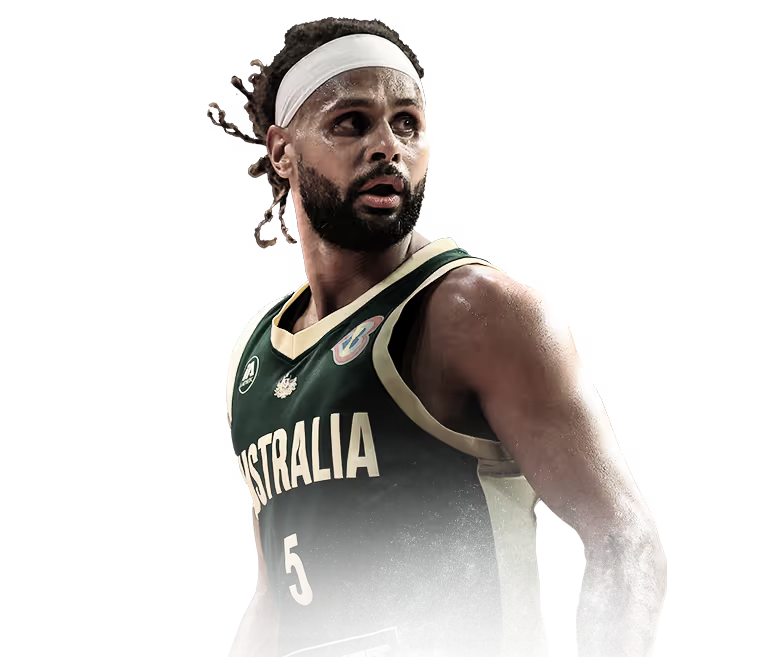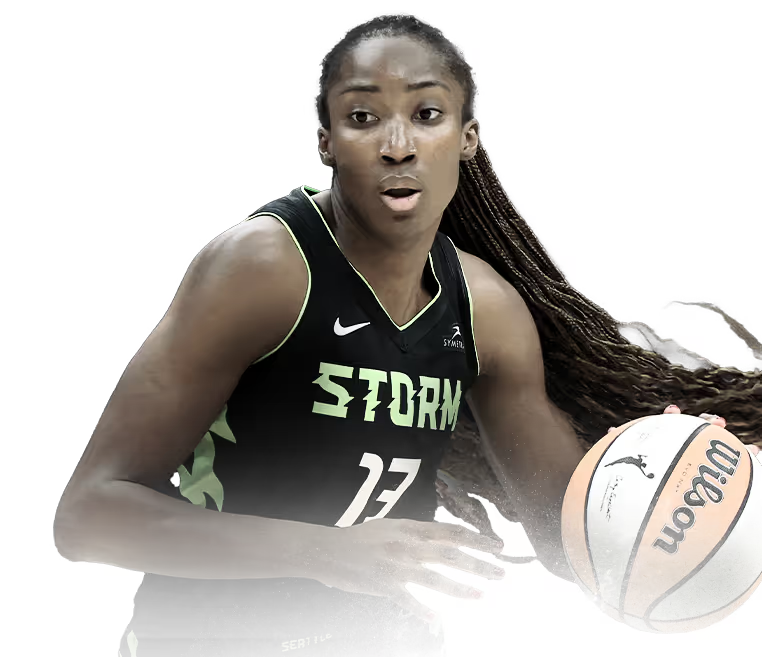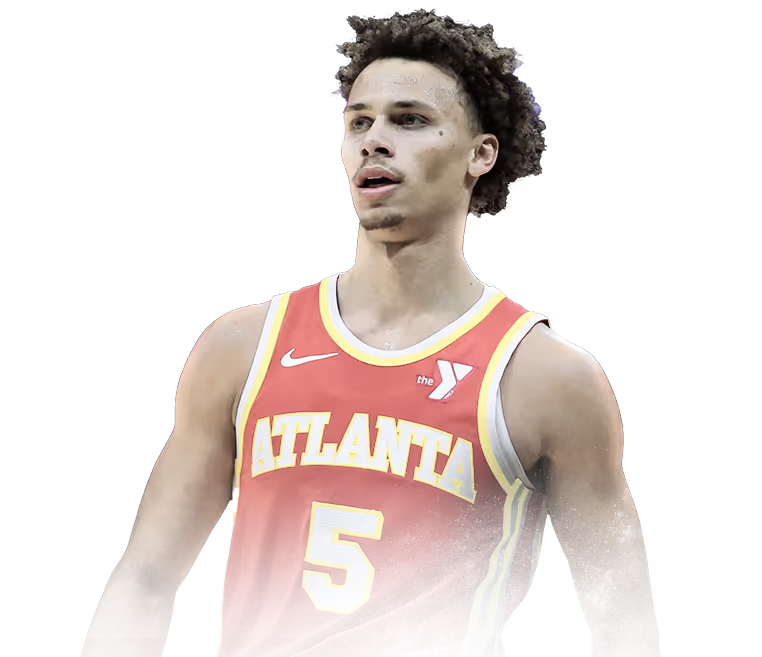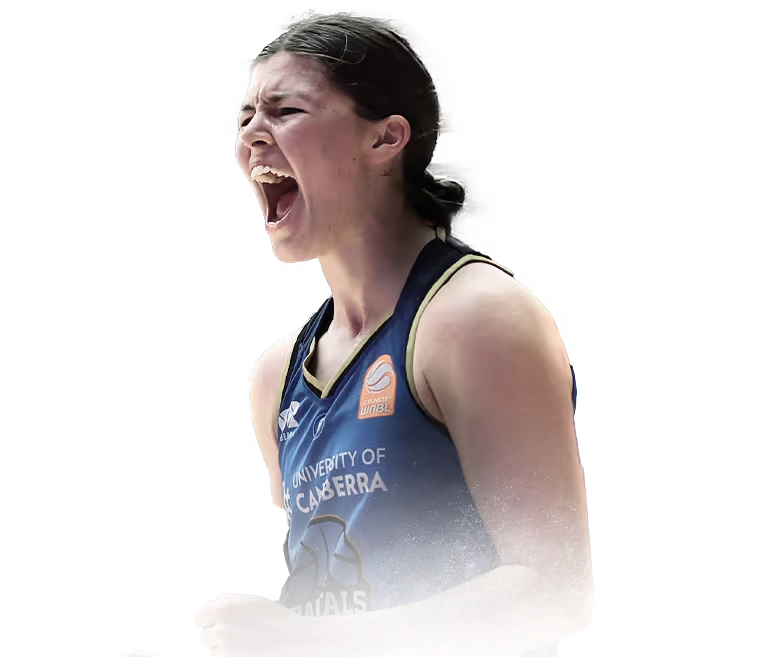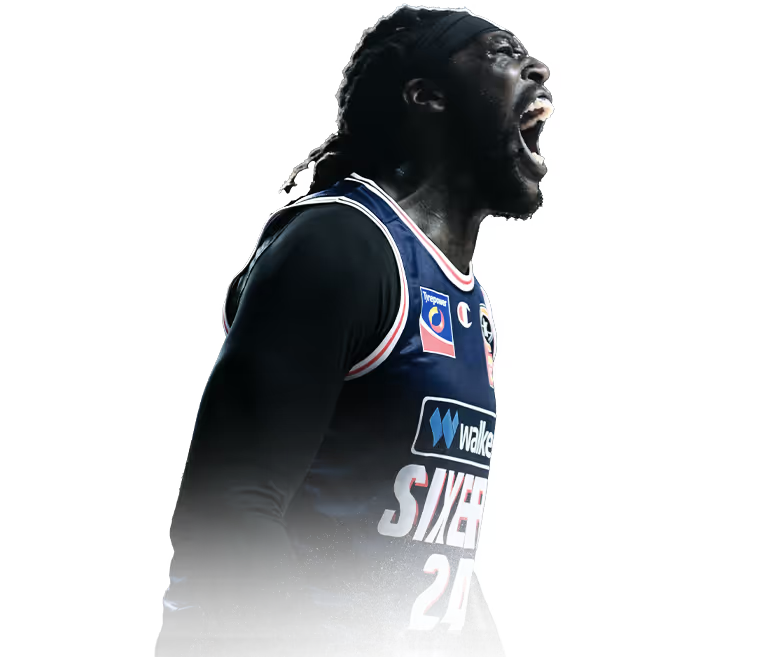

21
Sep
Euro Games
European basketball 'religion' on full display
Serbian and Greek basketball culture collides in Australia as Panathinaikos, Partizan face NBL teams
- King Kendric Davis has chance to conquer European giants
- Kendrick Nunn leads Panathinaikos past Partizan in Melbourne opener
- Euro legend scoffs at NBA's 'World Champions'
European basketball juggernauts Panathinaikos B.C and KK Partizan have hit Australian shores to put the Adelaide 36ers and the Sydney Kings through their paces in one last pre-season hit out before NBL26.
On Sunday, like any other game day, Serbians Marko Marinovic and Dejan Vasiljevic will don the blue and red of the Adelaide 36ers, but beneath the colours – despite their differing journeys – lie two identities that are deeply emblematic of what it means to be Serbian.
From Airstrikes to Adelaide
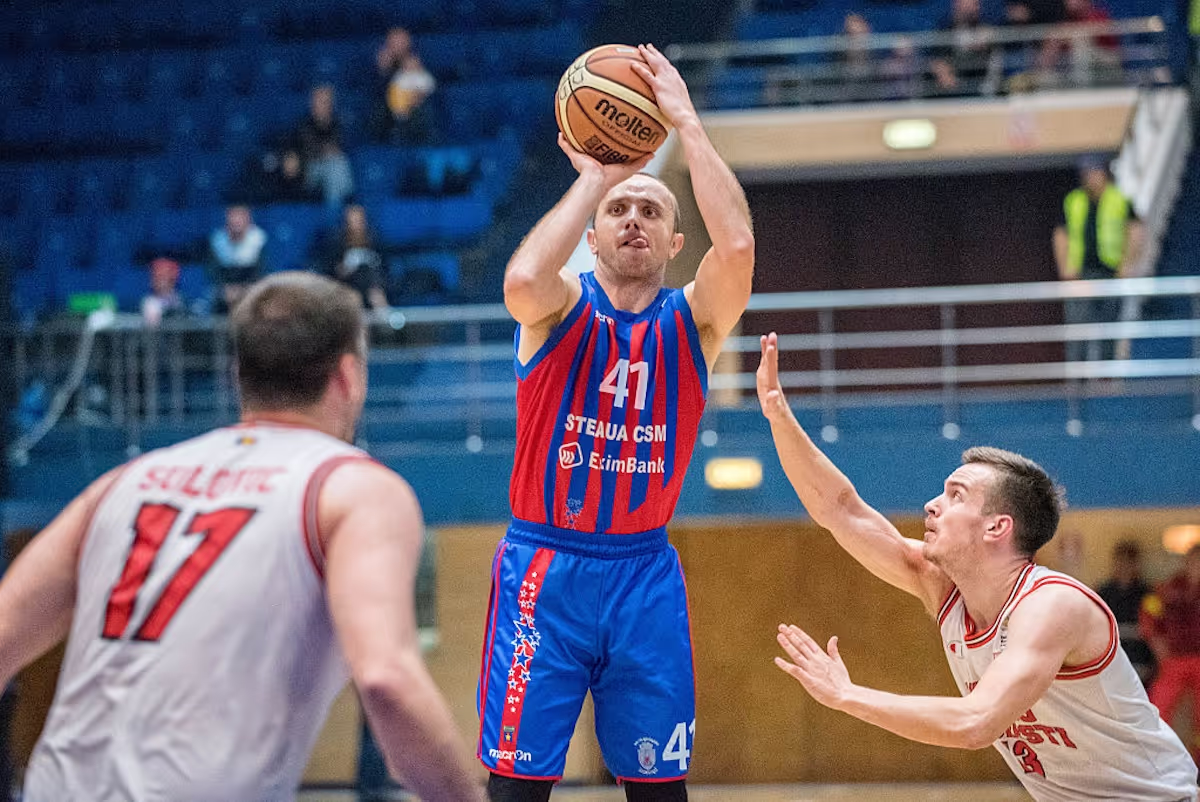
For Marinovic, it would be an impossible task to contain his outspoken love for Serbia.
The 36ers assistant was old enough to remember when his small hometown of Cacak in central Serbia was bombed by NATO airstrikes as a part of the Kosovo War in 1999, which occurred daily for just under three months.
“It was fun for us, as silly as it sounds, I didn’t understand. Like we didn’t go to school, we were on the street all the time playing basketball – but now, I can’t believe that happened to us,” he said.
“Every time I heard aeroplanes, I would get chills. When that siren would wake you up at two, three in the morning, it’s not fun – and then you have to run to the basement. That was daily and nightly.”
But while Cacak has been caught up in war, it is dually known for its rich basketball history.
Cacak has produced an abundance of Serbian basketball royalty including five-time Yugoslav League scoring champion and Cacak basketball pioneer Radmilo Misovic, and FIBA Hall-of-Famer, Cacak-born Dragan Kicanovic.
More recently, Paris Olympics Bronze-Medallist Aleksa Avramovic, Raptors Head Coach Darko Rajakovic, and long-tenured, nine-time Euro-League champion, now Partizan Head Coach Zeljko Obradovic were also born in Cacak – major reasons for the pride Marinovic carries for his hometown.
“We are such a small city, and we have all of these guys – so basketball is a really big thing for us,” he said.
“Now that I’m here in Australia, I’m like a Cacak patriot. I’m very very loud and proud that I’m coming from Cacak.”
As a self-proclaimed Cacak “patriot”, Marinovic is always looking to give back. Marinovic alongside fellow national Avramovic have co-founded the Malina and Aleksa Basketball Camp in his hometown, with the aim to increase opportunities for children to play basketball like he did.
However, Marinovic is outspoken about the current state of basketball in Serbia and hopes his camp can help fund improvements.
“We are investing a lot of money in Red Star and KK Partizan, two big Serbian clubs, but we are not investing money in infrastructure. We are really talented, but it’s not supported,” he said.
“We need to find a new Jokic, new Bogdanovic, a new Avramovic, and even though the new age is coming, it’s really difficult. We are all still living in tradition, but we need something new.”
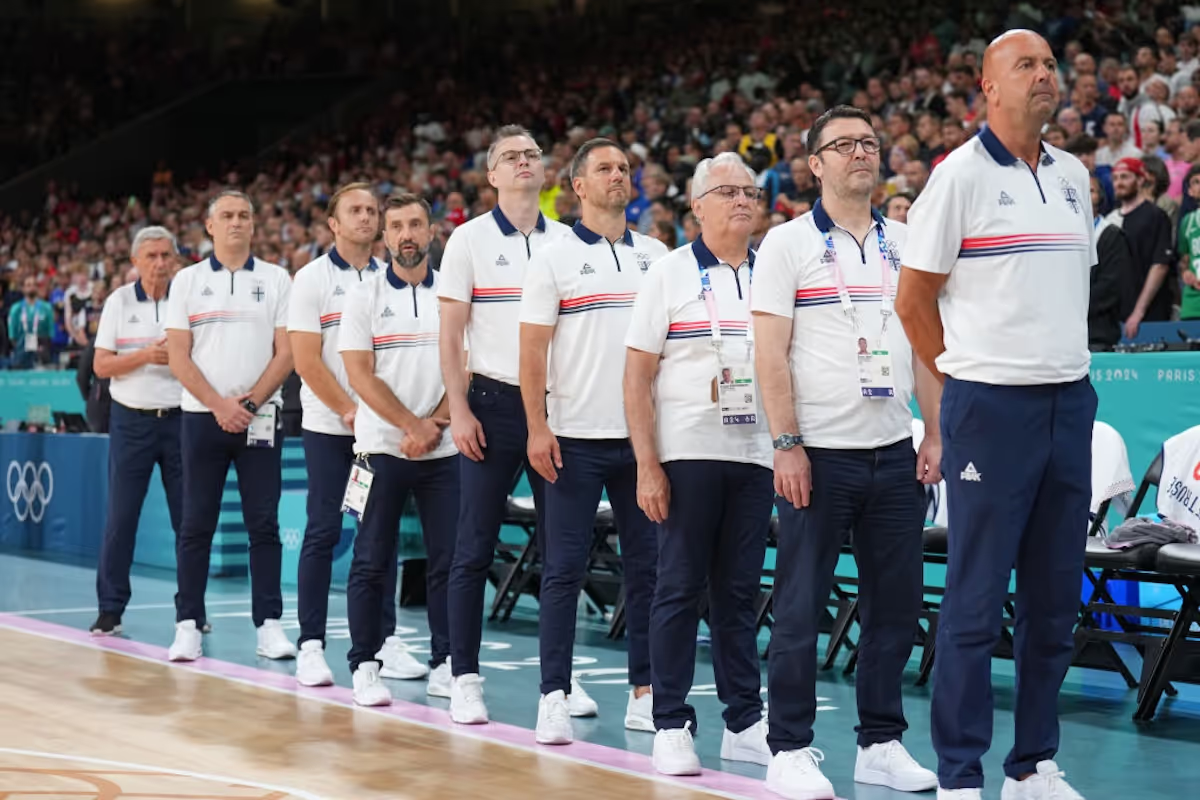
Marinovic has embarked on a strong 19-year playing career spanning five countries, which has now transitioned into a coaching career.
As a current coach for the Serbian national team, Marinovic has seen Nikola Jokic up close and reveled in his MVP-level talent.
While Jokic has shown his power on the court, Marinovic shared how his demeanour has enabled him to flourish, creating an inspiring example for the next generation that the 36ers assistant speaks of.
“Nikola Jokic changed the game. He’s proved that dreams come true, and you can’t judge based on looks. But he’s also the humblest guy in the world,” he said.
“He’s really disciplined. He doesn’t want to be a superstar with the Serbian national team. He hangs out with everybody, the assistants, the doctors, physios, the players. That’s why we have such a togetherness.”
Having been immersed in multiple cultures and identifying with the grit of European basketball, Marinovic said he’s been well-balanced by his fellow Adelaide staffers in his assistant coaching tenure so far.
“It’s such a different culture and different basketball,” he said.
“Mike Wells coming from the States, and my colleagues from Australia, that mix is good. You take from everybody a little bit and you will become a good coach.”
Being a 36ers assistant has served as a pinch yourself moment for Marinovic. Having come from a small town affected by war, he doesn’t take his job for granted.
“From my childhood, I was dreaming to be a soccer player, a goalkeeper, and now I’m coaching in Australia, it’s amazing, I’m really blessed,” he said.
True to Your Roots
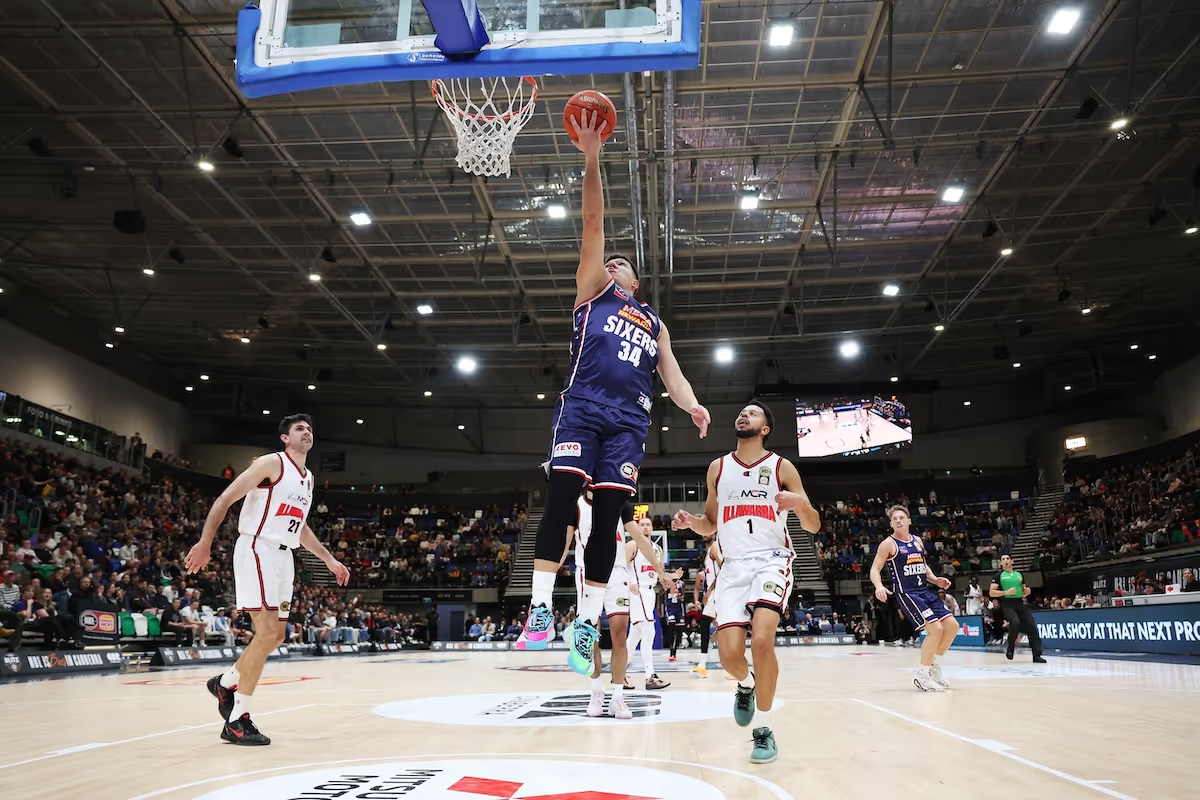
For 36ers guard Vasiljevic, Serbian culture couldn’t be summed up better in one sentence.
“I just say, I’m very lucky I play a sport because if I didn’t, I’d be the fattest dude there is,” he joked.
While basketball rules Marinovic’s hometown of Cacak, Vasiljevic wasn’t even born into basketball.
His father had a background in handball, and his mother had a background in soccer, and that’s how Vasiljevic began, also dabbling in footy and tennis.
But a move to his sister’s school, where basketball was their primary sport, paved the way for what has now blossomed into his career.
When Vasiljevic was introduced to basketball, his dad exposed him to the backstory and film tape of Naismith Hall-of-Famer Drazen Petrovic.
For Vasiljevic, not only was he the trailblazer for European basketball, but it also spurred his love of the game.
“When basketball got proper serious, I just kept reminding myself, 'Drazen worked hard', and you’ve got to do the same thing in order to make basketball your profession,” he said.
“Now I’m lucky enough to be playing it today and having some fun playing basketball now that it’s a job.”
Vasiljevic was born in Canada, and his family migrated to Australia when he was six years old.
However, Vasiljevic highlights that having migrated twice (first from Yugoslavia and then to Australia) and faced the difficulty of assimilating into society, he’s thankful that his parents blessed him with the opportunity to play basketball.
“I tell a lot of people if it wasn’t for them packing up shop twice, I probably wouldn’t be playing a sport or basketball, I’d probably be a tradie,” he said.
“My mum worked two jobs, my dad worked early hours, late hours, just to make sure we were good… it was never easy, but they made it look easy from a child’s perspective. We didn’t have the best shoes, but they made sure we were well fed, and we had a roof above our heads.
“Now it’s my turn to repay the favour and any chance I can get by having them over in Adelaide, I will. If we go out to dinner, I’ll pay the bill, it’s just those little things where I’ll give back.”
Vasiljevic shared how the Serbian contingent has created a home away from home, ever since the day the Vasiljevic family migrated to Melbourne.
“When we moved here, we were able to connect with the Serbian community in St Albans, my sister and I went to Serbian school on Saturday mornings. On Friday nights we did Serbian dancing called Folklor,” he said.
“Ever since I moved to Adelaide, I’m always around the Serbs, we get coffee nearly every morning, that’s a must. We have a group chat with like 20 of us, I’m the number ticket holder for the longest running Serbian soccer club in Australia, FK Beograd.
“I just love to connect with it [the culture] because not living with my parents for 12, 13 years, you have to remind yourself where you come from, you can’t forget your roots.”
As Vasiljevic grows into the future, his love for Serbia won’t die, and he’s looking to instill the same mindset for when he starts a family.
“I’m gonna let my kids do what they want to, when we have some truths, but I’ll tell them to not forget where you come from, and what your parents and grandparents have done to put you in their situation.”
Serbians + Stubbornness = Success
Vasiljevic was unaware of Marinovic until he walked through the doors of Adelaide’s training facility prior to Adelaide’s NBL25 campaign.
But in what Vasiljevic described as an instant connection, both men are driven to win despite having strong, passionate Serbian personalities.
“We Serbians are very feisty people, and my partner can relate to me being that way and always wanting to make sure things are done the proper way,” he said.
“It’s in our blood to be great people but to also be disciplined and humble. We want to win, we’re competitive.
“Marko wants the best for me, and he’s always gonna push and we’re gonna headbutt and argue, but it’s all for a positive outcome,” he said.
Marinovic echoed this sentiment, as he wasn’t afraid to say that to be Serbian, is to be stubborn.
“You have to be honest 100%, and that always happens for the people who want to compete, who want to win,” he said.
“By the end, you’re on the same page. Whoever understands that honesty is required, they will win. Whoever doesn’t, that’s a massive problem.”
A Cultural Intersection
The Greek and Serbian basketball contingent was out in full force on Thursday night as Panathinaikos B.C defeated KK Partizan at John Cain Arena.
In a culture shock for Australians, a short walk from Richmond’s Jolimont Station to the Melbourne sporting precinct would have you thinking you were in Europe, as a hint of English couldn’t be heard.
The visual interior of John Cain Arena bore a resemblance to a European football match, as the Greek and Serbian contingents could be easily distinguished by the dark green of the Panathinaikos jersey or the black of the Partizan jersey.
Some would ask why fans would fly thousands of kilometres for a preseason affair.
But as Marinovic said, “basketball is religion in Serbia”. A religion that feeds an allegiance so strong that fans would bleed for the club.
Marinovic said that the devout following that was in attendance doesn’t come as a surprise.
“These games in Europe, there’s like 20, 25,000 people, jumping the whole game, cheering their team the whole game. It’s crazy,” he said.
As Greek and Serbian culture emerge in full force, Vasiljevic highlighted his hopes to bring Serbian culture into the Australian and NBL spotlight later this week.
“I’ve worked closely with the NBL on doing a Trojka sa Bloka (three-point shootout),” he said.
“It’s like a little three-point shootout for Serbian basketball organisations around Australia, and the winners of those clubs will shoot at halftime of the Partizan Sydney game for a prize, so that’s pretty cool.”
The concept has been facilitated by Srbi Za Srbe (Serbs for Serbs), a non-for-profit organisation which aids struggling families – one that Vasiljevic has done work with.
The 36ers guard says that his ties to the Serbian charity further highlights his firm allegiance to his heritage.
“You really have to understand the culture, and I think people don’t understand here [in Australia] the war that broke out in ’96, where lots were left homeless, living in rundown homes with half a roof missing,” he said.
“Everyone deserves to live a great life. Anything we professional athletes can do to impact that, or help is a win for everyone.”
With Adelaide’s match against Panathinaikos B.C on the horizon, Marinovic anticipates an unfamiliar challenge for the 36ers they will have to navigate during the match.
“Every game is a matter of life or death for these European teams; there are no off days. It’s gonna be tough,” he said.
Vasiljevic has lauded the opportunity that the Pavlos Giannakopoulos Tournament has created as multiple cultures intersect.
“That’s what the game’s about. Basketball brings everyone together. It doesn’t matter where you’re from, what skin colour you are, it’s a global sport that brings everyone together because of one ball,” he said.
In Sunday’s double-header, Marinovic and Vasiljevic’s 36ers will encounter Greek powerhouse Panathinaikos B.C to close out the Pavlos Giannakopoulos Tournament after the Sydney Kings face Serbian outfit KK Partizan.
Exclusive Newsletter
Aussies in your Inbox: Don't miss a point, assist rebound or steal by Aussies competing overseas. Sign-up now!




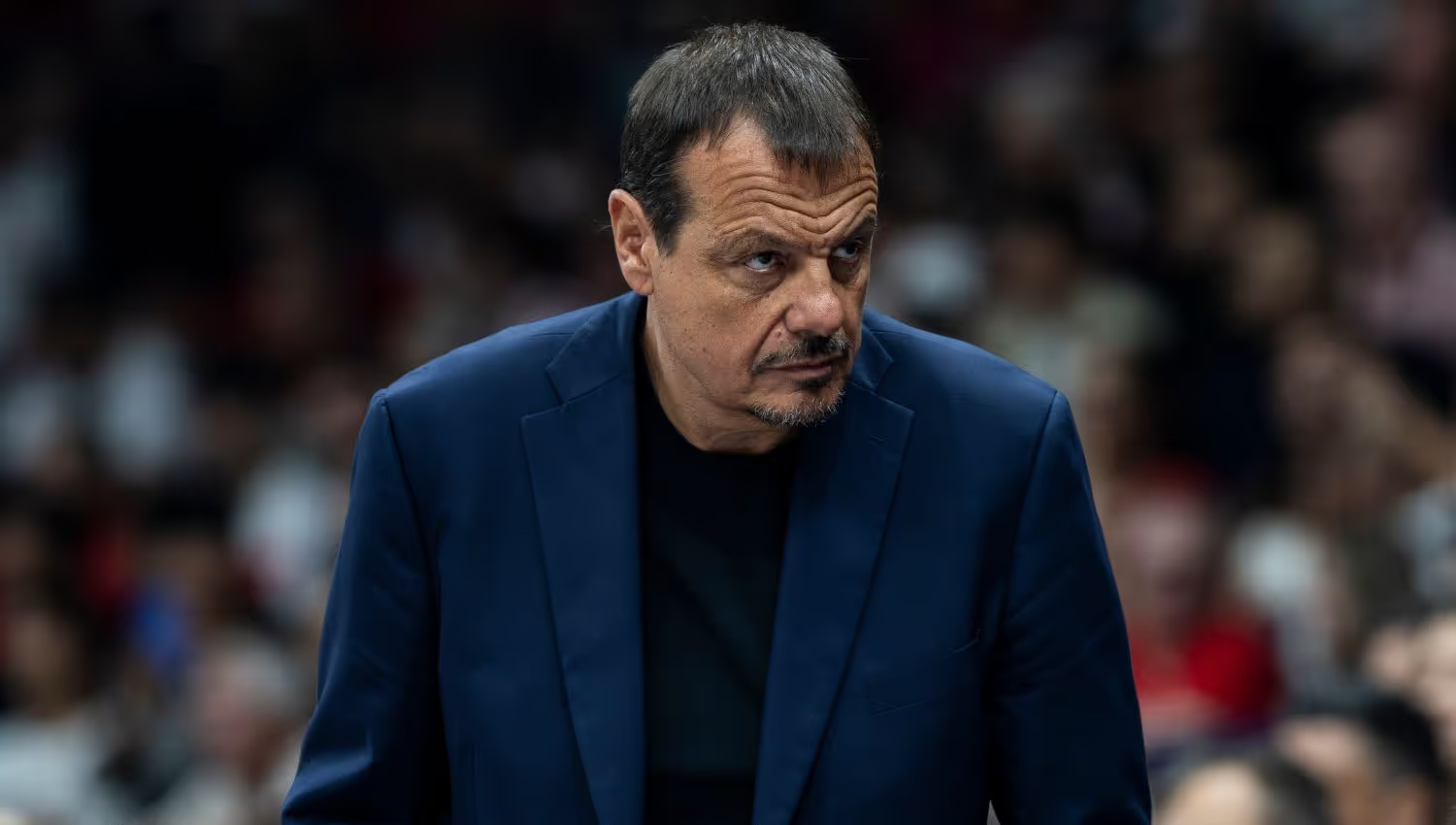
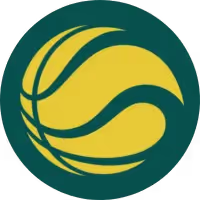
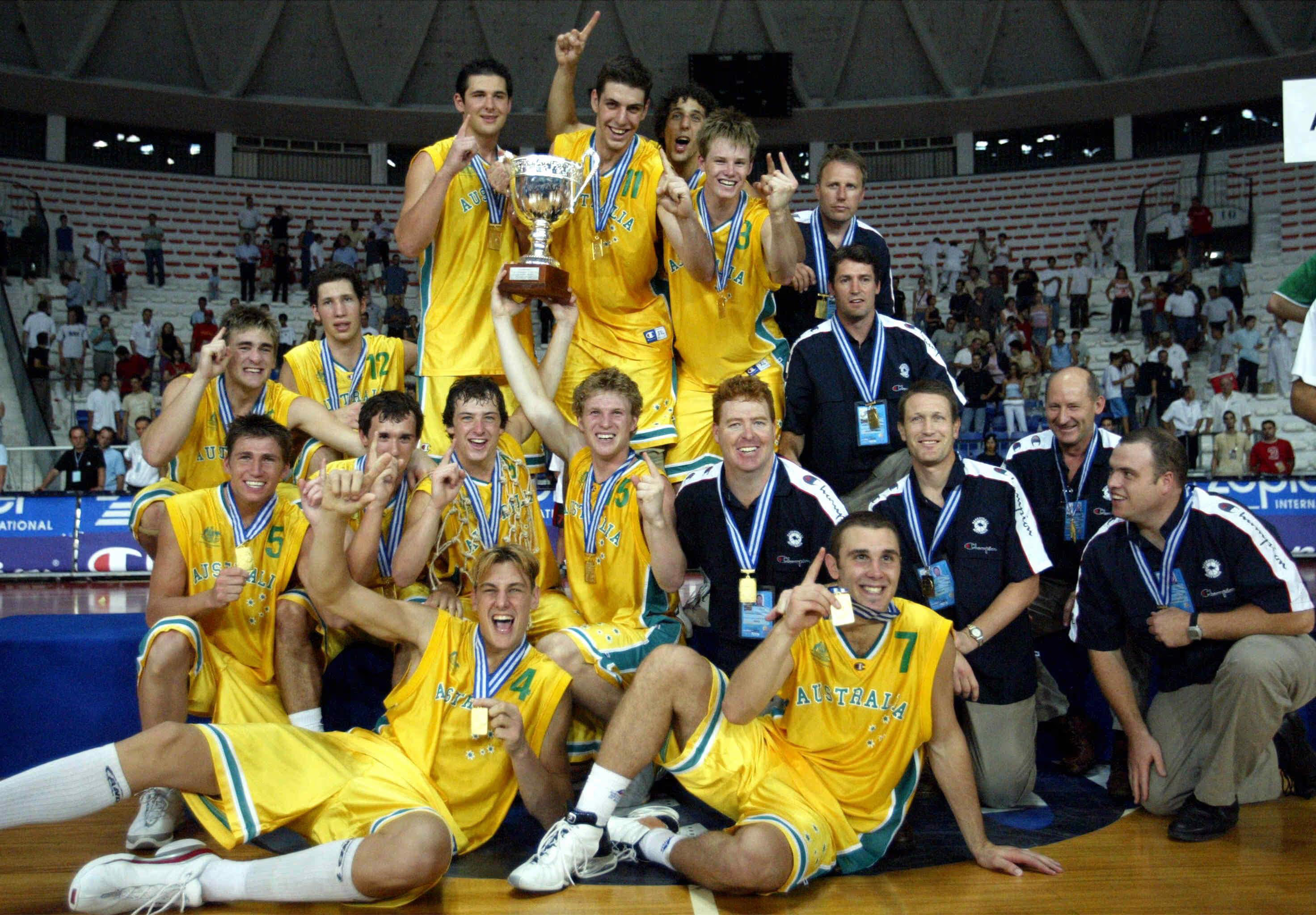
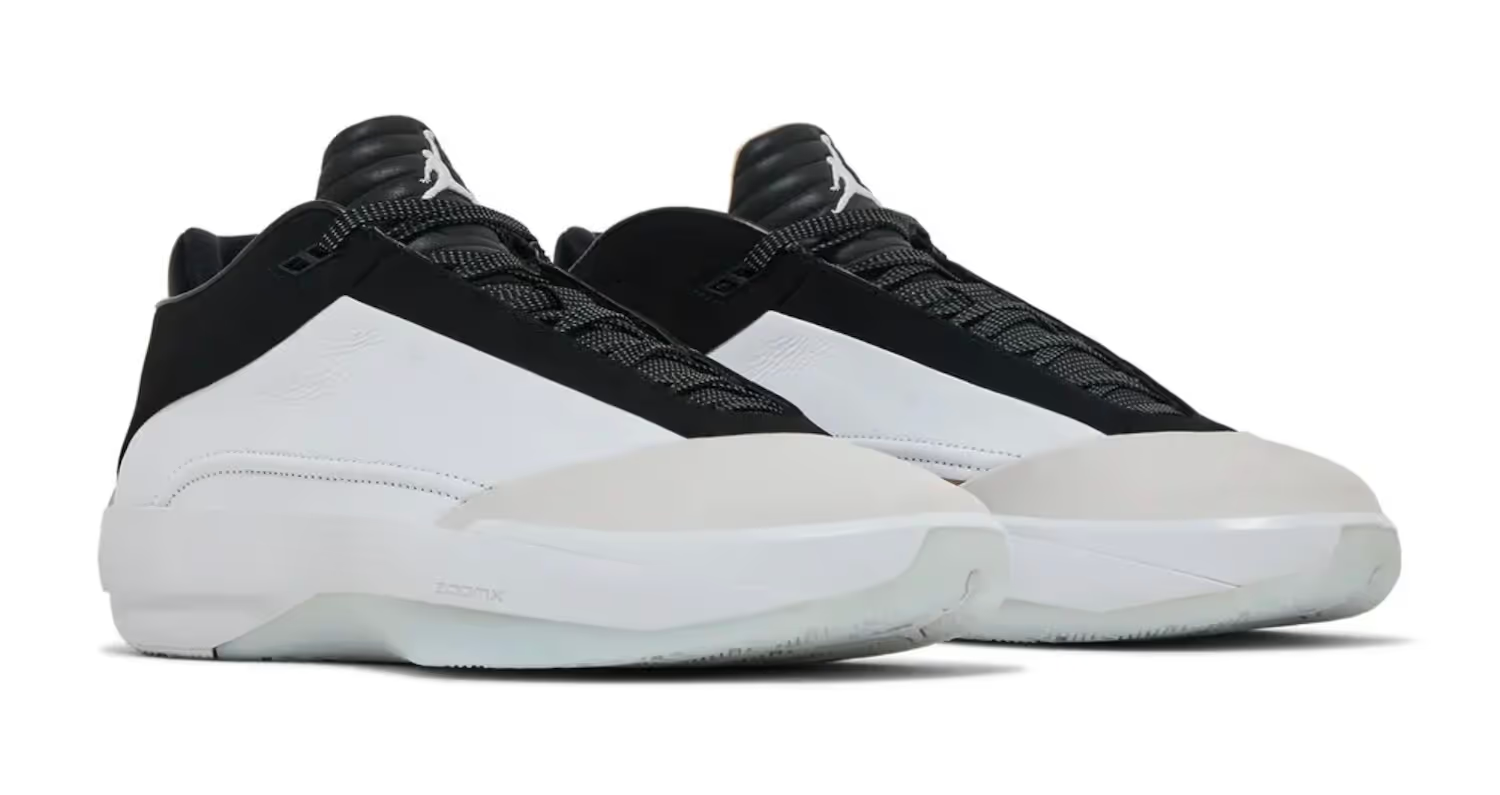
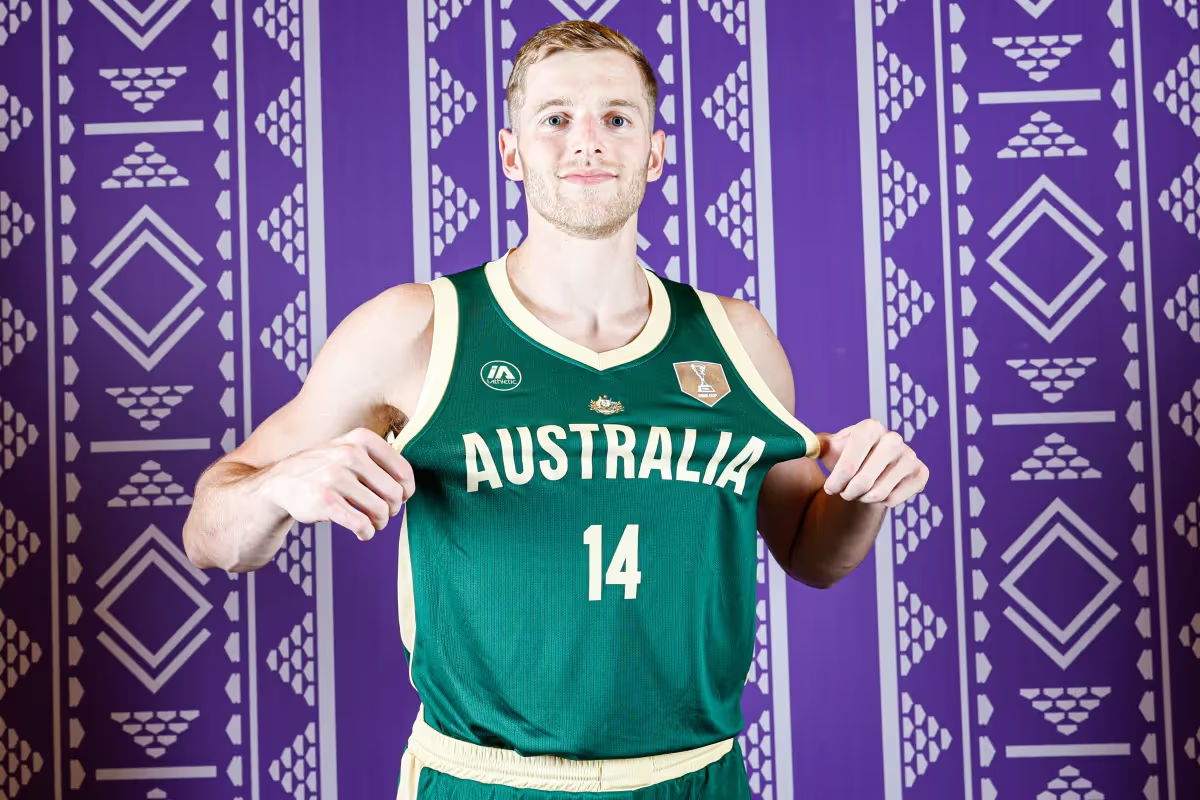
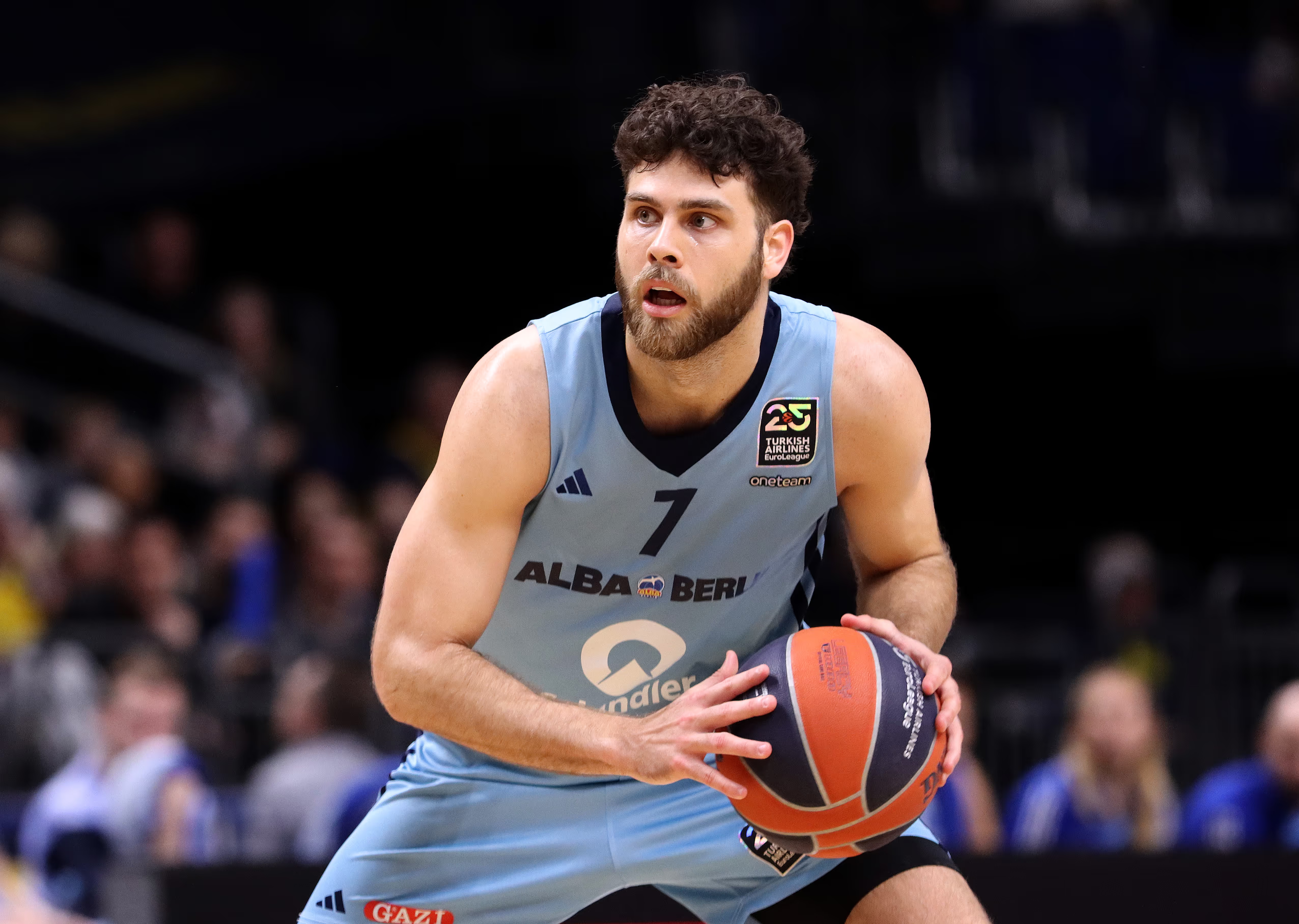


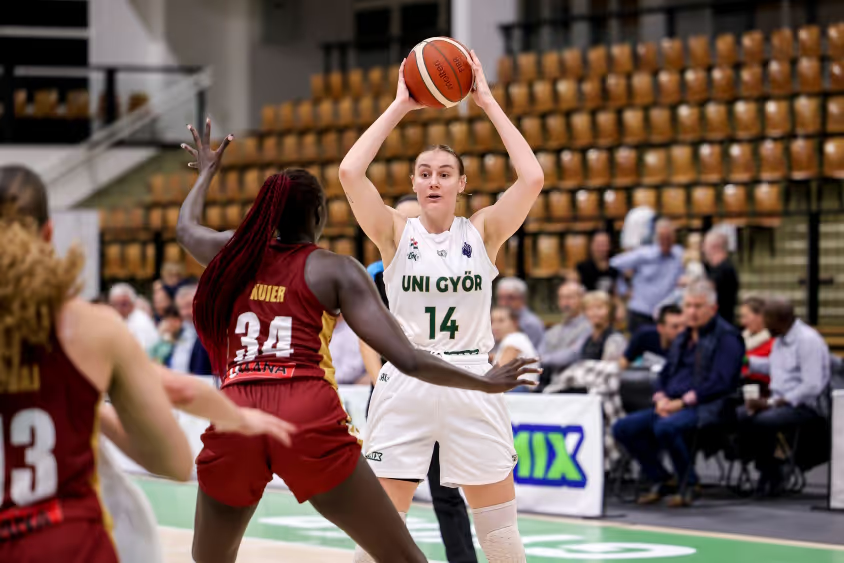









.avif)

.avif)


